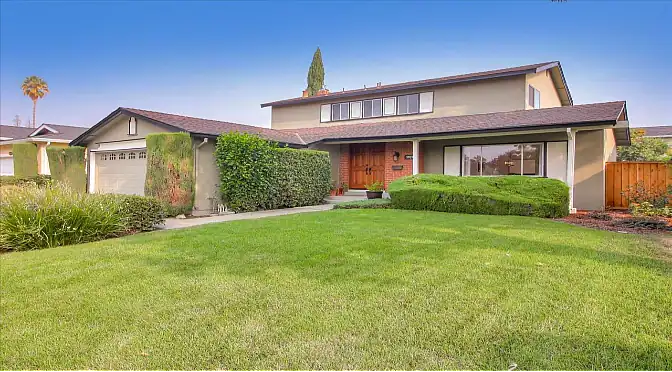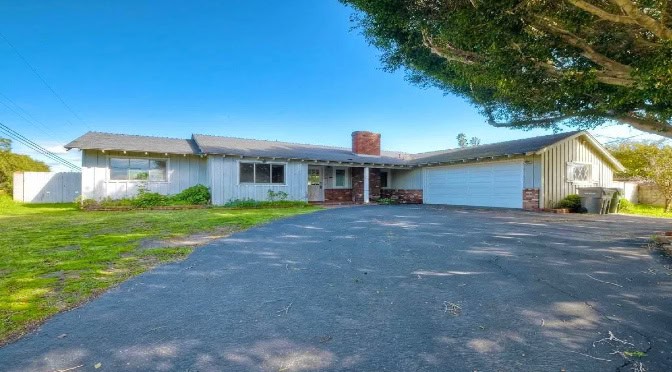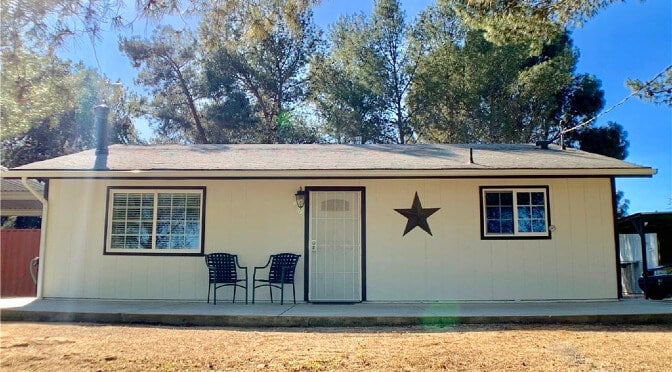
Residential Bridge Loans vs. Bridge Loans for Investment Property
What’s the difference between a residential bridge loan and a bridge loan for investment property?
A residential bridge loan and a bridge loan for an investment property differ in their purpose, eligibility criteria, and specific terms. Here’s a breakdown of the differences:
Purpose
A residential bridge loan is used by homeowners who are transitioning from one home to the next home. It provides short-term financing to bridge the gap between the sale of their existing home and the purchase of a new primary residence. The main purpose is to facilitate a smooth transition from one property to the next without the need to wait for the sale proceeds from the current home. Homeowners in this type of situation want to avoid moving twice. In some cases, these types of loans are referred to as residential transition loans.
A bridge loan for an investment property (sometimes called commercial bridge loans) is used by real estate investors to finance the acquisition, renovation or other investment activities related to the investment property. The purpose is to provide temporary financing until long-term financing can be put into place or until they sell the property. Investors often find themselves in a situation where they need fast financing to avoid losing a deal. Bridge loan lenders for investment property can fund within days while traditional long-term financing for investment property can take over a month or more.
Eligibility Criteria
For a residential bridge loan, the primary focus is on the equity in their current home. In general, lenders typically will assess the borrower’s ability to repay the loan based on income and credit, but bridge loan lenders are most concerned with equity since the sale of the property will pay off the bridge loan.
In the case of a bridge loan for an investment property, the focus shifts to the property’s value, cash flow projections, and the investor’s experience and financial strength. Lenders will evaluate the investment property’s income potential, market conditions, and the investor’s ability to effectively manage the property and generate returns. The lender will also look into the borrower’s ability to refinance into long-term financing as this is commonly the exit strategy for an investment property bridge loan.
Specific Terms
The terms of a residential bridge loan are typically based on the value of the borrower’s existing home. The loan amount is limited by a percentage of the home’s value (loan to value). Monthly payments are typically required and the principal balance of the bridge loan is repaid when the existing home is sold. Residential bridge loans commonly have a term of 11 months.
In contrast, a bridge loan for an investment property is based on the property’s value, potential income, and the investor’s financial situation. The loan amount is also limited by a percentage of the property’s current value. The repayment terms can vary but are generally shorter in duration (1-2 years) compared to long-term traditional mortgages for investment properties.
Interest rates for both types of loans can vary based on factors such as the loan to value required, the borrower’s creditworthiness, market conditions, and the bridge loan lender’s current interest rate range. However, bridge loans for investment properties may have higher interest rates compared to residential bridge loans if there is a perceived higher risk associated with the investment scenario.
Conclusion
In summary, the key differences between a residential bridge loan and a bridge loan for an investment property lie in their purpose, eligibility criteria, and specific terms. Residential bridge loans focus on homeowners transitioning between homes, while bridge loans for investment properties cater to real estate investors seeking temporary financing for acquisition or renovation purposes.
The information provided herein is for educational purposes only. North Coast Financial is not providing any legal, tax or financial advice.
Recent Bridge Loans Funded by North Coast Financial
Bridge Loans Resource Guide
California Bridge Loan Request
We will contact you to review the loan scenario and provide a quote.




